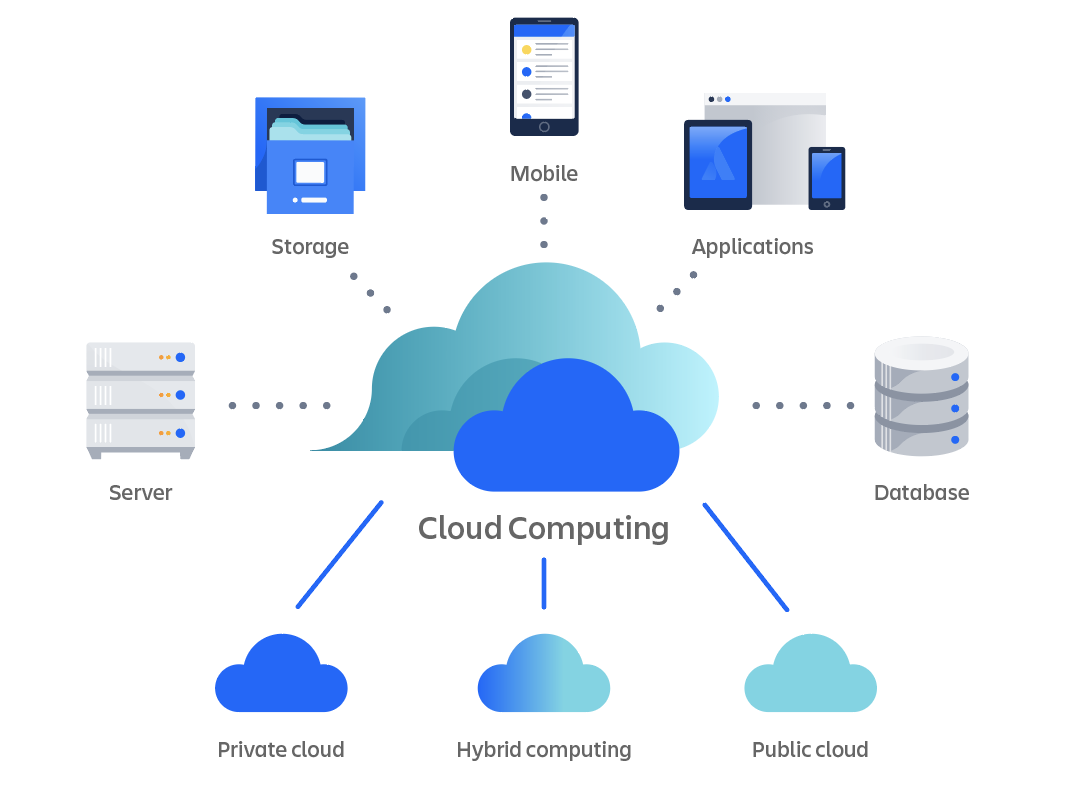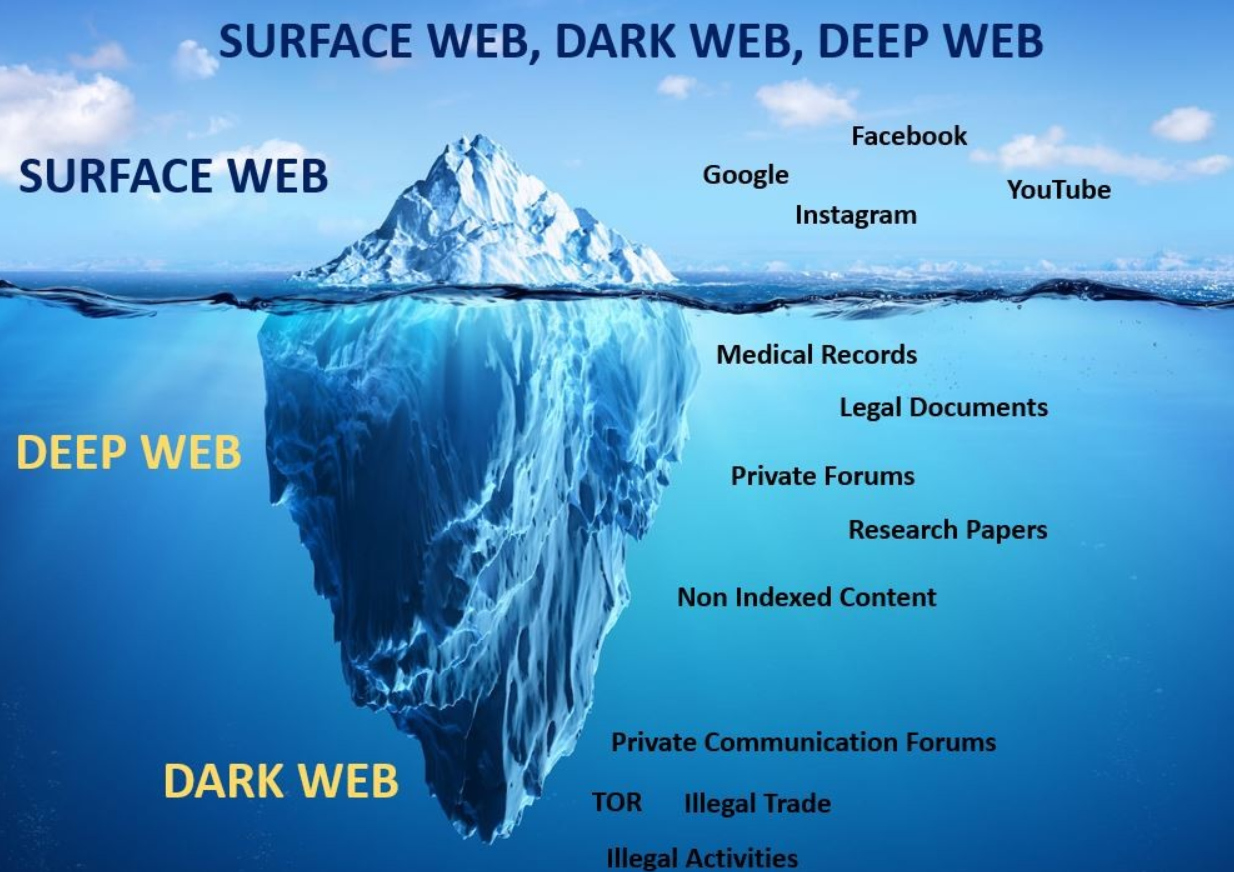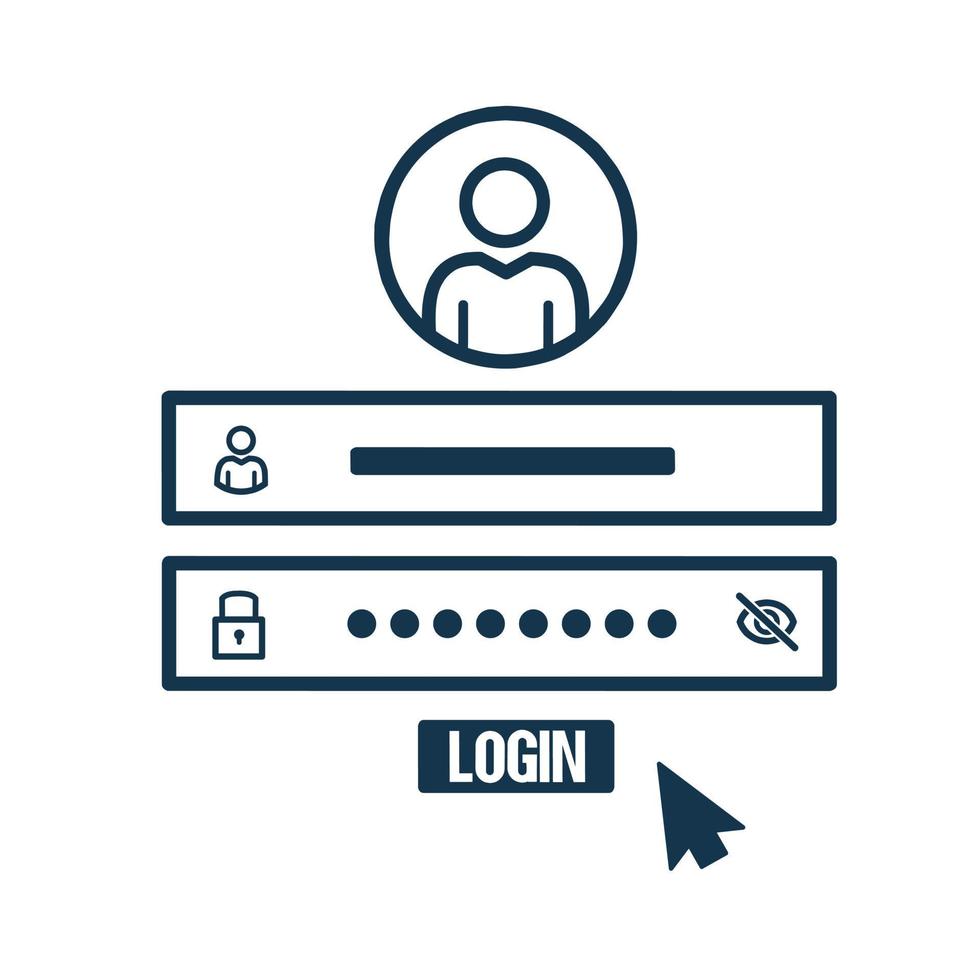
The Advantages of Cloud Computing Over Traditional Servers
As businesses and individuals continue to rely on digital infrastructure, the debate between cloud computing and traditional servers has become increasingly relevant. While traditional servers have been a staple for hosting applications and storing data, cloud computing offers several advantages that make it a preferred choice for modern IT needs.
1. Scalability and Flexibility
Cloud computing allows businesses to scale their resources up or down based on demand. Unlike traditional servers, which require significant time and investment to upgrade, cloud services can be adjusted almost instantly, ensuring optimal performance without unnecessary costs.
2. Cost Efficiency
With cloud computing, businesses can avoid the high upfront costs of purchasing and maintaining physical servers. Cloud services typically operate on a pay-as-you-go model, allowing companies to pay only for the resources they use. This reduces both capital expenditures and ongoing maintenance costs.
3. Accessibility and Remote Work Support
Cloud services enable access to data and applications from anywhere with an internet connection. This feature is essential for remote work, as employees can collaborate in real-time without being tied to a physical server located in a specific office.
4. Reliability and Disaster Recovery
Cloud providers offer built-in redundancy, ensuring data is stored across multiple locations to prevent loss due to hardware failure. Traditional servers, on the other hand, require dedicated backup solutions, which can be costly and complex to manage.
5. Security and Compliance
Leading cloud providers invest heavily in cybersecurity measures, offering encryption, authentication, and compliance with industry standards. While traditional servers provide direct control over security settings, maintaining them at a high-security level requires significant expertise and resources.
6. Automatic Updates and Maintenance
Cloud services are managed by providers who handle updates, security patches, and maintenance automatically. Traditional servers require manual intervention for updates, which can lead to downtime and increased IT workload.
7. Environmental Sustainability
Cloud computing is often more energy-efficient than traditional server setups. Cloud providers optimize their data centers to reduce energy consumption, whereas maintaining on-premise servers requires dedicated power and cooling, leading to higher environmental impact.
Conclusion
While traditional servers offer certain benefits, such as complete control and customization, cloud computing provides a more scalable, cost-effective, and secure solution for businesses of all sizes. As technology continues to evolve, cloud computing is expected to play an even more significant role in shaping the future of IT infrastructure.
Further Reading:


Leave a Reply